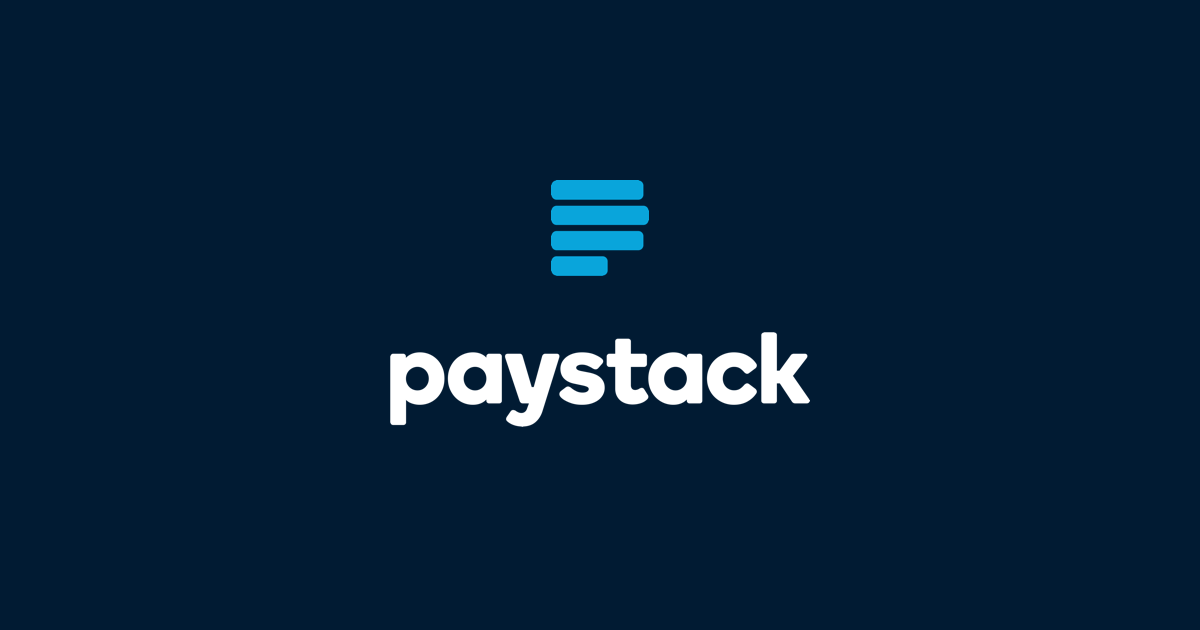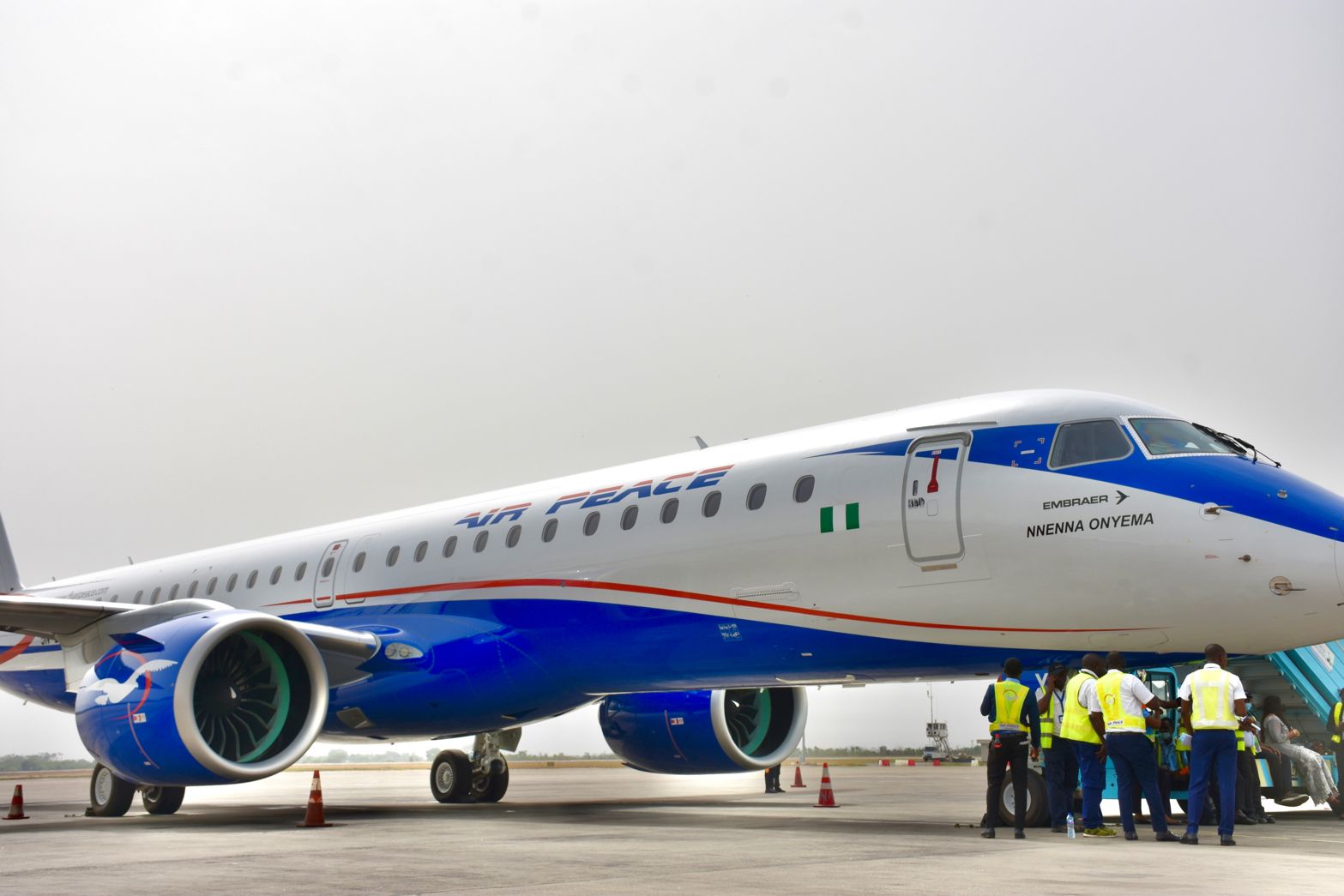Six Nigerians have been designated as terrorism sponsors by the United Arab Emirates.
The state-owned news agency, WAM, made this known in a report.
The country said the listed individuals and entities, including their affiliates, are being monitored.
The Nigerians named are Abdurrahaman Ado Musa, Salihu Yusuf Adamu, Bashir Ali Yusuf, Muhammed Ibrahim Isa, Ibrahim Ali Alhassan and Surajo Abubakar Muhammad.
“The UAE Cabinet has issued Resolution No 83 of 2021, designating 38 individuals and 15 entities on its approved list of persons and organisations supporting terrorism (Local Terrorist List).
“The resolution underscores the UAE’s commitment to target and dismantle networks that finance terrorism and its related activities.
“The resolution demands that regulatory authorities monitor and identify any individuals or entities affiliated with or associated with any financial, commercial or technical relationship and take the necessary measures according to the laws in force in the country in less than 24 hours,” the report read.
The following is the full list of added individuals:
1. Ahmed Mohammed Abdulla Mohammed Alshaiba Alnuaimi (UAE)
2. Mohamed Saqer Yousif Saqer Al Zaabi (UAE)
3. Hamad Mohammed Rahmah Humaid Alshamsi (UAE)
4. Saeed Naser Saeed Naser Alteneiji (UAE)
5. Hassan Hussain Tabaja (Lebanon)
6. Adham Hussain Tabaja (Lebanon)
7. Mohammed Ahmed Musaed Saeed (Yemen)
8. Hayder Habeeb Ali (Iraq)
9. Basim Yousuf Hussein Alshaghanbi (Iraq)
10. Sharif Ahmed Sharif Ba Alawi (Yemen)
11. Manoj Sabharwal Om Prakash (India)
12. Rashed Saleh Saleh Al Jarmouzi (Yemen)
13. Naif Nasser Saleh Aljarmouzi (Yemen)
14. Zubiullah Abdul Qahir Durani (Afghanistan)
15. Suliman Saleh Salem Aboulan (Yemen)
16. Adel Ahmed Salem Obaid Ali Badrah (Yemen)
17. Ali Nasser Alaseeri (Saudi Arabia)
18. Fadhl Saleh Salem Altayabi (Yemen)
19. Ashur Omar Ashur Obaidoon (Yemen)
20. Hazem Mohsen Farhan + Hazem Mohsen Al Farhan (Syria)
21. Mehdi Azizollah Kiasati (Iran)
22. Farshad Jafar Hakemzadeh (Iran)
23. Seyyed Reza Mohmmad Ghasemi (Iran)
24. Mohsen Hassan Kargarhodjat Abadi (Iran)
25. Ibrahim Mahmood Ahmed Mohammed (Iran)
26. Osama Housen Dughaem (Syria)
27. Abdurrahaman Ado Musa (Nigeria)
28. Salihu Yusuf Adamu (Nigeria)
29. Bashir Ali Yusuf (Nigeria)
30. Muhammed Ibrahim Isa (Nigeria)
31. Ibrahim Ali Alhassan (Nigeria)
32. Surajo Abubakar Muhammad (Nigeria)
33. Alaa Khanfurah – Alaa Abdulrazzaq Ali Khanfurah – Alaa Alkhanfurah (Syria)
34. Fadi Said Kamar (Great Britain)
35. Walid Kamel Awad (Saint Kitts and Nevis)
36. Khaled Walid Awad (Saint Kitts and Nevis)
37. Imad Khallak Kantakdzhi (Russia)
38. Mouhammad Ayman Tayseer Rashid Marayat (Jordan)
The following is the full list of the added entities:
1. Ray Tracing Trading Co LLC
2. H F Z A Arzoo International F Z E
3. Hanan Shipping L.L.C
4. Four Corners Trading Est
5. Sasco Logistic L.L.C
6. AlJarmouzi General Trading LLC
7. Al Jarmoozi Cargo & Clearing (L.L.C)
8. Al Jarmoozi Transport By Heavy & Light Trucks (L.L.C)
9. Naser Aljarmouzi Ceneral Trading (L.L.C)
10. Naser Aljarmouzi Cargo & Clearing LLC
11. Wave Tech Computer LLC
12. NYBI Trading – FZE
13. KCL General Trading F Z E
14. Alinma Group

 Forex4 weeks ago
Forex4 weeks ago
 Naira4 weeks ago
Naira4 weeks ago
 Billionaire Watch4 weeks ago
Billionaire Watch4 weeks ago



 Naira4 weeks ago
Naira4 weeks ago






 Naira3 weeks ago
Naira3 weeks ago


 Naira3 weeks ago
Naira3 weeks ago






 Naira2 weeks ago
Naira2 weeks ago
 Economy4 weeks ago
Economy4 weeks ago
























